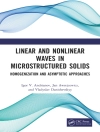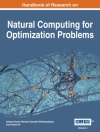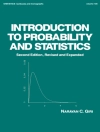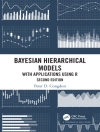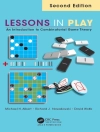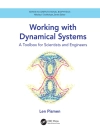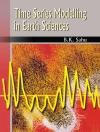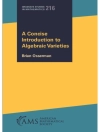Currently, nonstandard analysis is barely considered in university teaching. The author argues that nonstandard analysis is valuable not only for teaching, but also for understanding standard analysis and mathematics itself. An axiomatic approach wich pays attention to different language levels (for example, in the distinction between sums of ones and the natural numbers of the theory) leads naturally to a nonstandard theory. For motivation historical ideas of Leibniz can be taken up. The book contains an elaborated concept that follows this approach and is suitable, for example, as a basis for a lecture-supplementary course.
The monograph part presents all major approaches to nonstandard analysis and discusses logical, model-theoretic, and set-theoretic investigations to reveal possible mathematical reasons that may lead to reservations about nonstandard analysis. Also various foundational positions as well as ontological, epistemological, and application-related issues are addressed. It turns out that the one-sided preference for standard analysis is justified neither from a didactic, mathematical nor philosophical point of view.
Thus, the book is especially valuable for students and instructors of analysis who are also interested in the foundations of their subject.
About the author
Karl Kuhlemann, studied mathematics and computer science at the Westfälische Wilhelms-Universität Münster. Following his studies, he worked as a systems engineer at IBM in Essen and Düsseldorf for five years. Since 1996, he has been employed as an IT consultant at Finanz Informatik in Münster. In addition to his main profession, he enrolled at the Gottfried Wilhelm Leibniz University Hannover in 2016, where he earned his Ph.D. in natural sciences from the Faculty of Mathematics and Physics in 2022. His research focus is on nonstandard analysis, particularly from the perspective of mathematical foundations and the philosophy of mathematics. He is also a co-author of articles on the history of mathematics.



